Imagine drinking a cup of coffee in the morning, as millions of Americans do. Do you drink it because you love the taste of a strong, bitter brew? New research from Northwestern University suggests we love it for the jolt of energy we feel when the caffeine hits. The article was published in Human Molecular Genetics.
To explore the association between beverage consumption and genes, researchers led by Dr. Marilyn Cornelis performed a genome-wide association study of bitter beverage consumption (coffee, tea, liquor, red wine, beer, and grapefruit juice) and sweet beverage consumption (sugar-sweetened beverages, artificially sweetened beverages and other fruit juice) among approximately 336,000 people. The team wanted to see if variations in taste and non-taste genes affected people’s beverage preferences which could open new doors to effective dietary intervention.
But their analysis revealed a different explanation: genes related to the psychoactive properties of the beverages are one of the drivers of beverage preference.
“People like the way coffee and alcohol make them feel,” said Dr. Cornelis. “That’s why they drink it. It’s not the taste.”
Sugar consumption stimulates the release of excitatory neurotransmitters like dopamine and acetylcholine and is even found to affect pain relief. The caffeine found in coffee is also a stimulant, making drinkers more alert and potentially jittery. Contrary to popular belief, alcohol is a depressant, affecting cerebellar functions like movement and coordination.
The researchers were surprised to see the obesity-related gene, FTO, come up in their study. According to first author and post-doctoral fellow Dr. Victor Zhong, they found that alleles in the FTO gene related to lower body mass index (BMI) were also associated with more sugar-sweetened beverage consumption.
“It’s counterintuitive,” said Dr. Cornelis. “FTO has been something of a mystery gene, and we don’t know exactly how it’s linked to obesity. It likely plays a role in behavior, which would be linked to weight management.”
The researchers also learned that the majority of the genes associated with bitter alcoholic beverage consumption (liquor, red wine, and beer) were previously related to total alcohol consumption and the same trend was found with coffee consumption.
Genetic variants alone cannot explain the complexity of individual food and beverage consumption. Ultimately, consumer behavior is influenced by a combination of genetic, societal, economic, cultural and religious factors.
Previously, Dr. Cornelis and her team had identified genetic variants that helped explain different perceptions of bitter taste — some participants finding coffee more or less bitter than quinine, a flavoring agent. This information also sheds light on what and how much bitter concoctions people choose to consume.
While this present study is just the tip of the ice cream cone, it reveals important information about genetics and beverage consumption.
“To our knowledge, this is the first genome-wide association study of beverage consumption based on taste perspective,” said Dr. Zhong. “Our study suggests that taste may not be the primary genetic determinant of beverage consumption.”
Both the food and biotech industries can benefit from understanding the link between beverage consumption and genetics. Food manufacturers could potentially develop products loaded with psychoactive substances that could appeal to specific populations, such as caffeinated sparkling water. Biotech companies like Helix coax consumers to follow diet plans that are compatible with their genes. Finally, this research can also make people rethink their choices the next time they look for a caffeine boost.
Dr. Zhong says it’s too early to tell how their research might impact human beverage consumption.
“Future studies are needed to better understand the mechanisms underlying the observed associations between genetic variants and beverage consumption.”

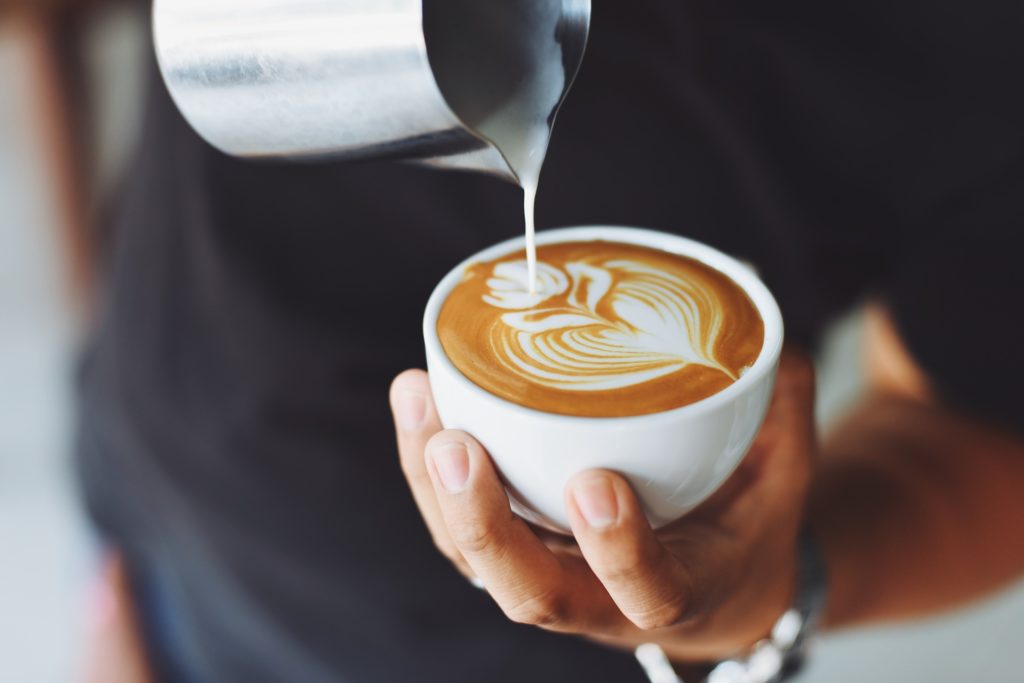
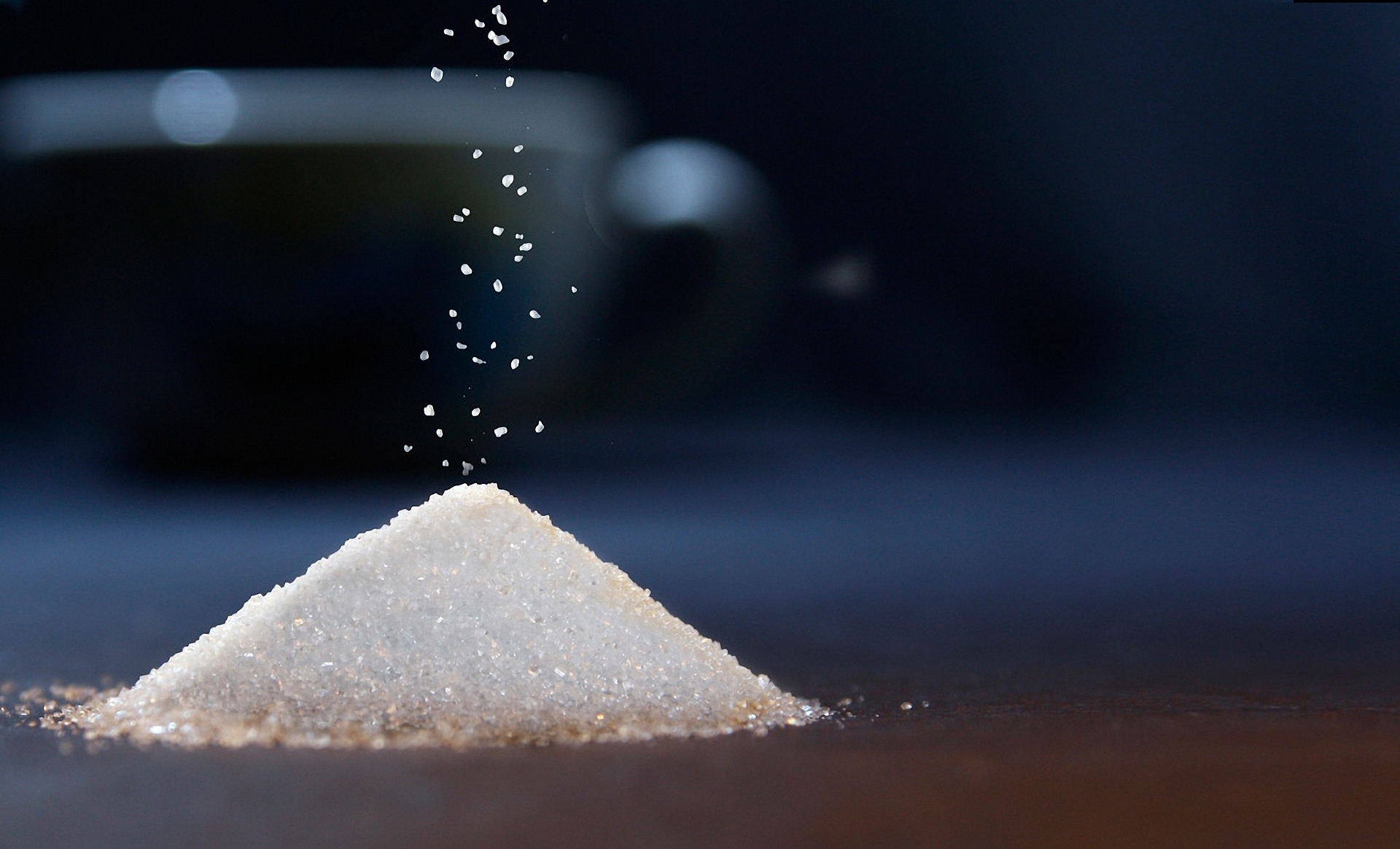
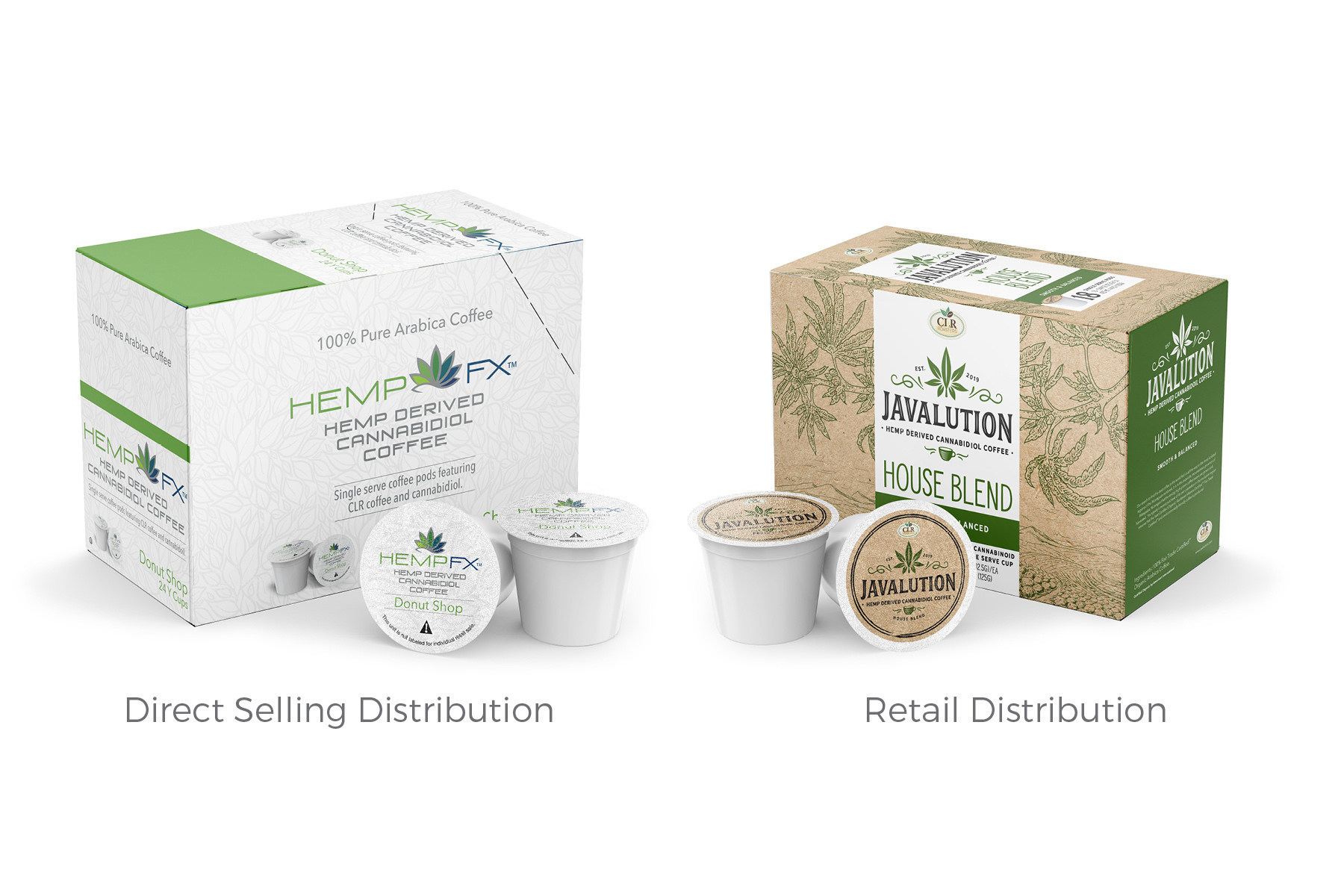

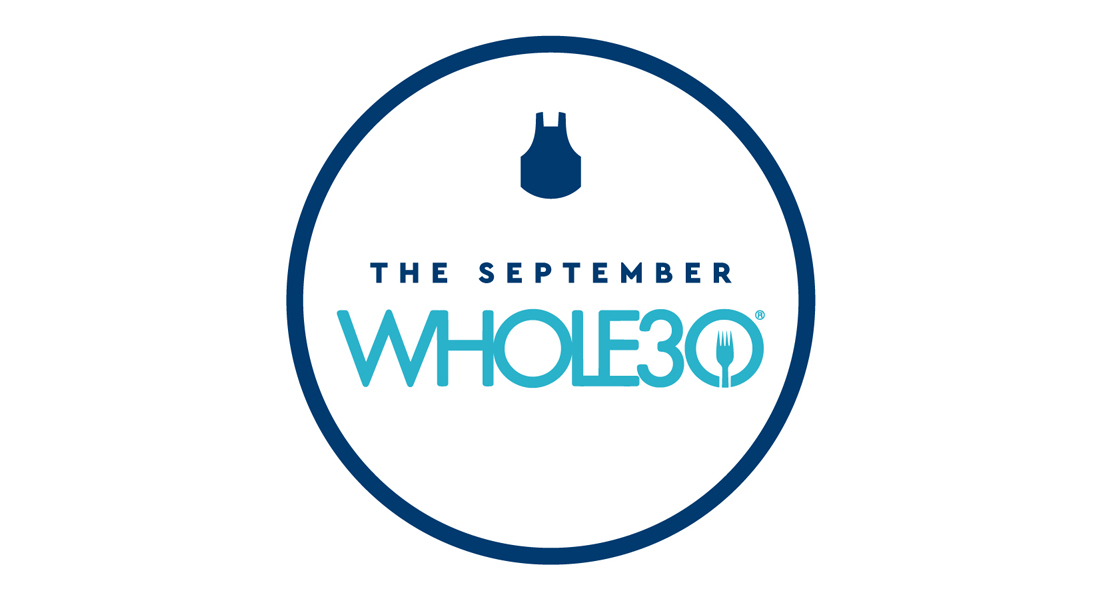
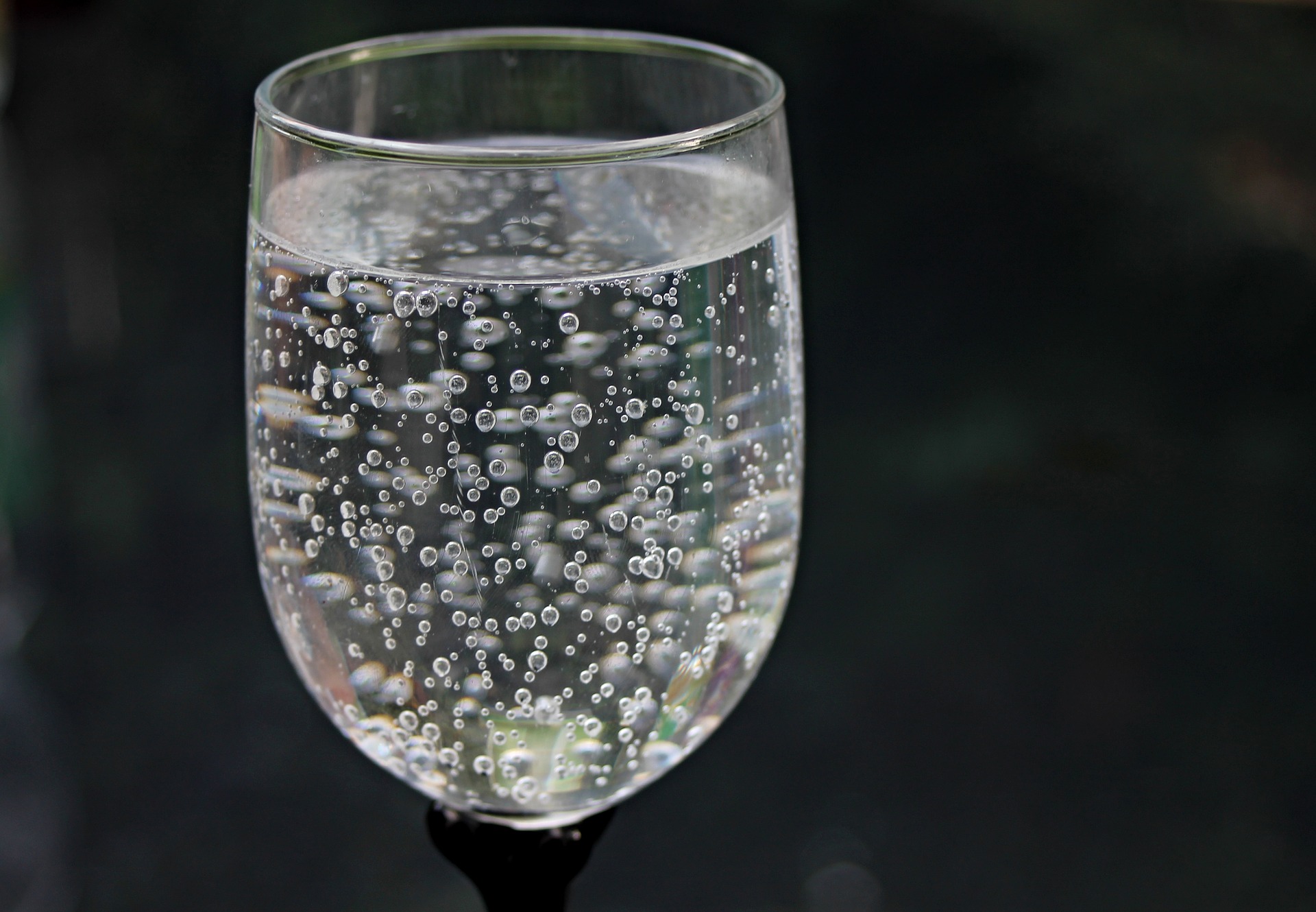





Join or login to leave a comment
JOIN LOGIN